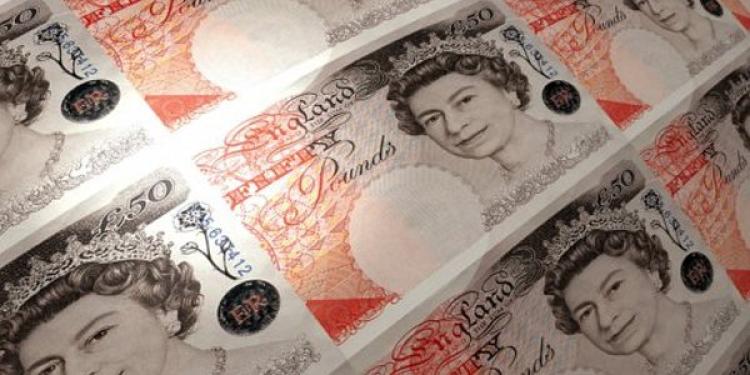Researchers Demand Independent Funding for Studies on Gambling
Posted: August 11, 2014
Updated: June 4, 2017

Experts propose a statutory levy for British gambling companies, to ensure independent funds for research.
British researchers met at Goldsmiths University to discuss about funding sources for their studies, at an event called “Dangerous Consumption”. The main topic of discussion was the dilemma early career researchers are often faced with, of either taking money from the industry or giving up on their studies because of lack of funds.
The situation is tricky, because studies paid by the industry often come with restrictions imposed by the people behind the funding. It is a well known fact that companies try to influence results or at least shift odds in their favor, especially when their profits are at stake.
With a study on the impact of betting in the UK expected to be released this Autumn, there is a lot at stake for British gambling operators, who really need to convince the public that their highly profitable fixed-odds betting terminals (FOBTs) are not as harmful as the media said.
How the gambling industry stands out
The management and trustees of the Responsible Gambling Trust include:
• Neil Goulden of the Gala Coral Group
• Peter Brooks of Genting UK
• Richard Glynn of Ladbrokes
• Nick Harding of Praesepe
When it comes to funding research, some people like to compare the gambling industry to the powerful and influential tobacco and alcohol industries. All three of them clearly have the financial capacity to control the research agenda through the work they commission and pay for.
However, researchers note that the gambling industry is unique from the following point of view: while a researcher who deals with tobacco or alcohol related issues still has alternative funding sources that are perfectly viable and trustworthy, for gambling research all the money comes via the Responsible Gambling Trust, which is ultimately controlled by the industry.
This year, the organization managed to raise just under GBP 6.3 million from land-based, online and mobile betting companies, an amount that only represents around 0.1% of the industry’s total profits. The money is supposed to go to research, education, as well as treatment for problem gamblers.
Only GBP 1.3 million is set aside for the research budget, with GBP 850,000 being used for machines research. Experts claim the programme of research into machines was a result of political pressure, which started last April when the UK Government decided that FOBTs should be included in the Triennial Review of Stakes and Prizes.
The truth about the FOBT research
Early this year, anti-FOBT campaigners asked politicians to change British gambling laws and reduce the number of gambling machines, as well as the GBP 100 maximum stake. These high-stake FOBTs allow players to lose GBP 100 every 20 seconds, which adds up to GBP 300 every minute.
But before officials met up to decide whether the maximum stake should be reduced, Neil Goulden, chairman of the Responsible Gambling Trust and of the Association of British Bookmakers, met with Ministers and convinced them to postpone the decision until after the organization publishes a research on gaming machines.
Now the media has found out that the research will not even be looking into the impact of the GBP 100 maximum stake on betting terminals, or into the effect it has on gamblers. It will also disregard the fact that the Australian Productivity Commission found that its $1 cap on pokie bets was effective in protecting problem gamblers, without affecting leisure players.
Academics should be determining whether players are more likely to stake up on FOBTs, which would serve as a good argument to reduce the stakes. Instead, they’ve been paid to find out “what measures might limit harmful play without impacting on those who do not exhibit harmful behaviors”.
A clean alternative
After the symposium hosted at Goldsmiths, which reunited early-career researchers of the British Academy and experts studying or working in areas of “dangerous consumption”, academics have concluded that an independent funding source is needed for the gambling industry too.
An article published by UK’s Politics Home said: “The only way we can ensure early career researchers are not faced with a ‘devil’s choice’ is by introducing a separate, independent body for commissioning and limiting the role of the Responsible Gambling Trust to fundraising.”
As a clean alternative for funding gambling-related research, experts suggested introducing a statutory levy on industry profits. This would ensure that the state has access to more than the derisory 0.1% gathered by the Responsible Gambling Trust through donations.
“Access for researchers must also be written into licensing to ensure the industry do not have leverage in dictating the research agenda. Otherwise, the Responsible Gambling Trust will continue to be used by the industry as a lobbying tool, as it has been since its inception,” the article added.
If the British betting industry wants to gain the public’s trust, some things have to change, including the way gambling-related research is funded.












